Dell XPS 13 9300 Laptop (Silver)
10th Generation Intel® Core™ i7-1065G7 Processor (8MB Cache, up to 3.9 GHz). Windows 10 Home, 64-bit, English. Intel® Iris Plus Graphics with shared graphics memory. 16GB 3733MHz LPDDR4x Memory Onboard. 512GB M.2 PCIe NVMe Solid State Drive. Platinum Silver exterior, Black interior.
Precision manufacturing: 100% of the enclosure is sculpted by a CNC (computer numerical control) machining process. A high precision, machine-milled aluminum chassis creates an elegant design with high build quality that’s stronger and stiffer than magnesium or plastic.
Cool and light: For the black palm rest, carbon fiber inspired by the aerospace industry with a platinum silver cover, or the arctic white woven glass fiber palm rest with a frost white cover, allow for maximum strength and minimal weight. Our design team worked tirelessly to get the details just right, including carefully crafted backlighting and a UV- and stain-resistant coating to prevent yellowing and staining.Watch video
Superior screen: The latest Corning® Gorilla® Glass 6 is strong, as well as impact and scratch resistance.
Gleaming sidewalls: Anodizing provides a superior, scratch-resistant surface, but here, edges are dipped a second time to further prevent damage from repeated plugging and unplugging of peripherals. Using this finish on the metal achieves the perfect color without using paint, which could chip away over time.
The finest details: Stainless inlayed logos are laser cut out of a sheet of stainless steel and dropped into the machined cut outline by hand.
Elevated essentials: Elements like the display, keys and touchpad are all larger for an easier, more optimized user experience. The XPS features 6.8% larger 16:10 display, 17% larger touchpad and an edge-to-edge backlit keyboard with larger key caps as compare with previous generation.
Easier to open: The new twin coil press fit hinge is designed to maximize the screen to body ratio and enable 4-sided InfinityEdge. The new hinge design makes it easier to open with one hand, while staying stable when you are using the touchscreen.
Revolutionary webcam construction: The new XPS 13 webcam isn’t just smaller (only 2.25 mm)—it’s also better. A new 4-element lens uses more elements than a typical webcam to deliver sharp video in all areas of the frame, while temporal noise reduction uses advanced noise reduction, significantly improving video quality, especially in dim lighting conditions. Finally, the lens is assembled with precise machinery to ensure all points of the image are in focus.
Sacrifices nothing: Features a 6% thinner design with more power as compare with previous generation, plus no sacrifice to essentials like the headphone jack or microSD card slot.
Guaranteed power: With 10th Gen InteI® Core™ mobile processors, it’s now possible to enjoy incredibly immersive entertainment on a remarkably thin and light laptop. 10th Gen Intel® Core™ processor-powered systems featuring the latest Intel® Iris® Plus graphics take a huge leap forward in gaming, streaming and creativity, pushing a smoother, more detailed and more vivid experience than ever before on highly portable devices. When you see the “Engineering for mobile performance” icon next to select configurations, you know it was designed to keep up with your fast-paced life.
Dell Power Manager with adaptive performance: This laptop uses adaptive performance based on the latest Intel Dynamic Tuning Technology. With this new predictive and adaptive engine, our laptop is actively changing the power of its CPU to optimize your specific workload, increasing performance when you need it.*
Work or play all day: You’ll experience incredibly long battery life —up to 18 hours, 49 minutes* on a Full HD+ model when using when using productivity applications like Word or Excel or up to 11 hours, 51 minutes* when streaming Netflix. On our UHD panel, get up to 12 hours and 13 minutes*using productivity apps or up to 8 hours and 27 minutes* of Netflix streaming.
Faster memory, more storage: Your system boots and resumes in seconds thanks to up to 2TB of solid-state drive storage. Multi-task in a flash even on intense applications with up to 16GB of memory.
Killer™ Wireless: With advanced Wi-Fi 6 technology and theoretical throughput speeds of up to 2.4 Gbps, the Killer AX1650 is nearly three times as fast as the previous generation of 80MHz 2×2 AC products. It prioritizes streaming video, communication, and game traffic in your system for fast, smooth online experiences.
Advanced thermal redesign: From dual fans separated to spread heat over a larger area and a single heat pipe designed with a single evaporator and dual condenser, to hidden exhaust venting through the hinge, thermal design ensures you have the best performing system in the thinnest form factor possible. Additionally, your system is equipped with GORE™ Thermal Insulation, which provides thermal conductivity levels lower than air in a thin, flexible format to help keep components cool.
Additional information
| Processor | 10th Generation Intel® Core™ i7-1065G7 Processor (8MB Cache, up to 3.9 GHz) |
|---|---|
| Operating System | Windows 10 Home, 64-bit, English |
| Video Card | Intel® Iris Plus Graphics with shared graphics memory |
| Memory | 16GB 3733MHz LPDDR4x Memory Onboard |
| Hard Drive | 512GB M.2 PCIe NVMe Solid State Drive |
| Display | 13.4" UHD+ (3840 x 2400) InfinityEdge Touch Anti-Reflective 500-Nit Display |
| Dell Services:Hardware Support | 1Y Mail-in Pre-Paid Freight Service |

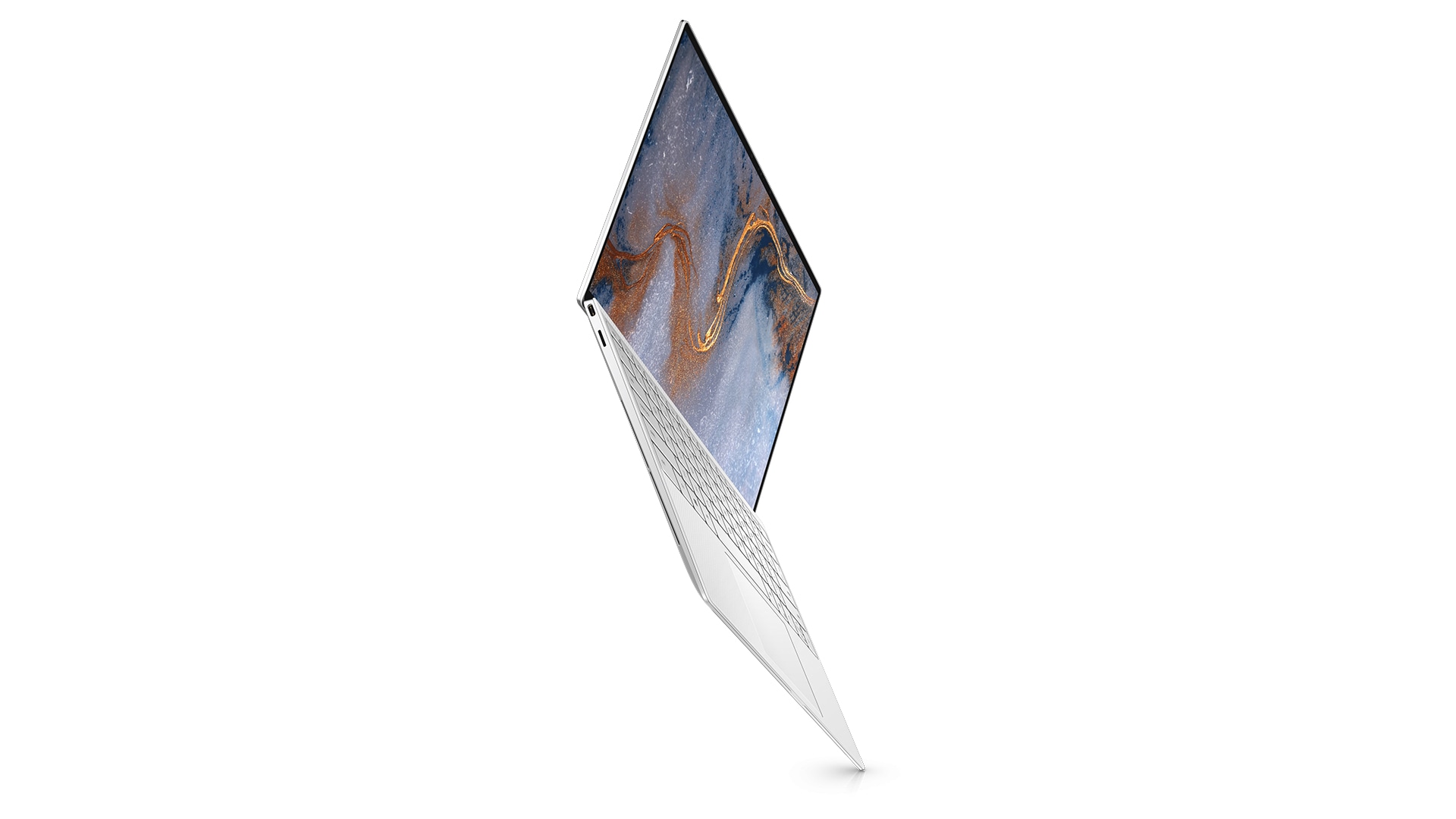
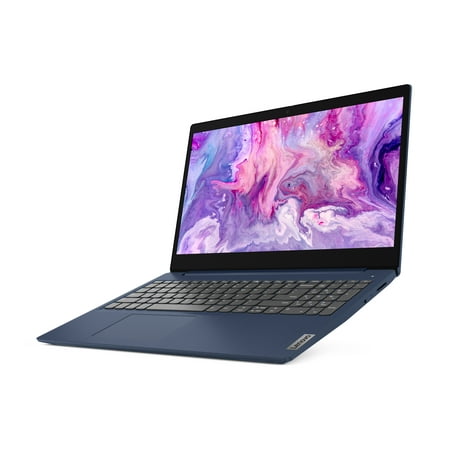
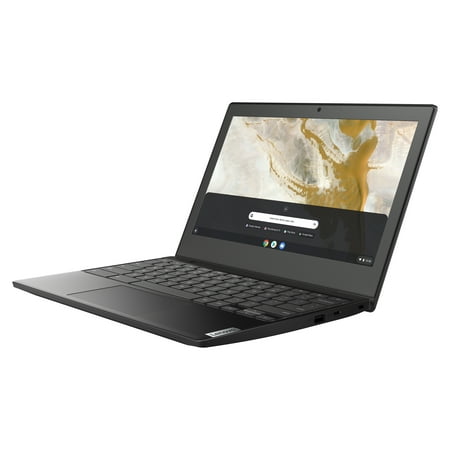
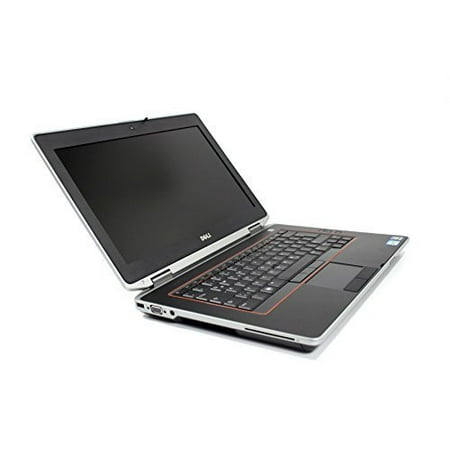
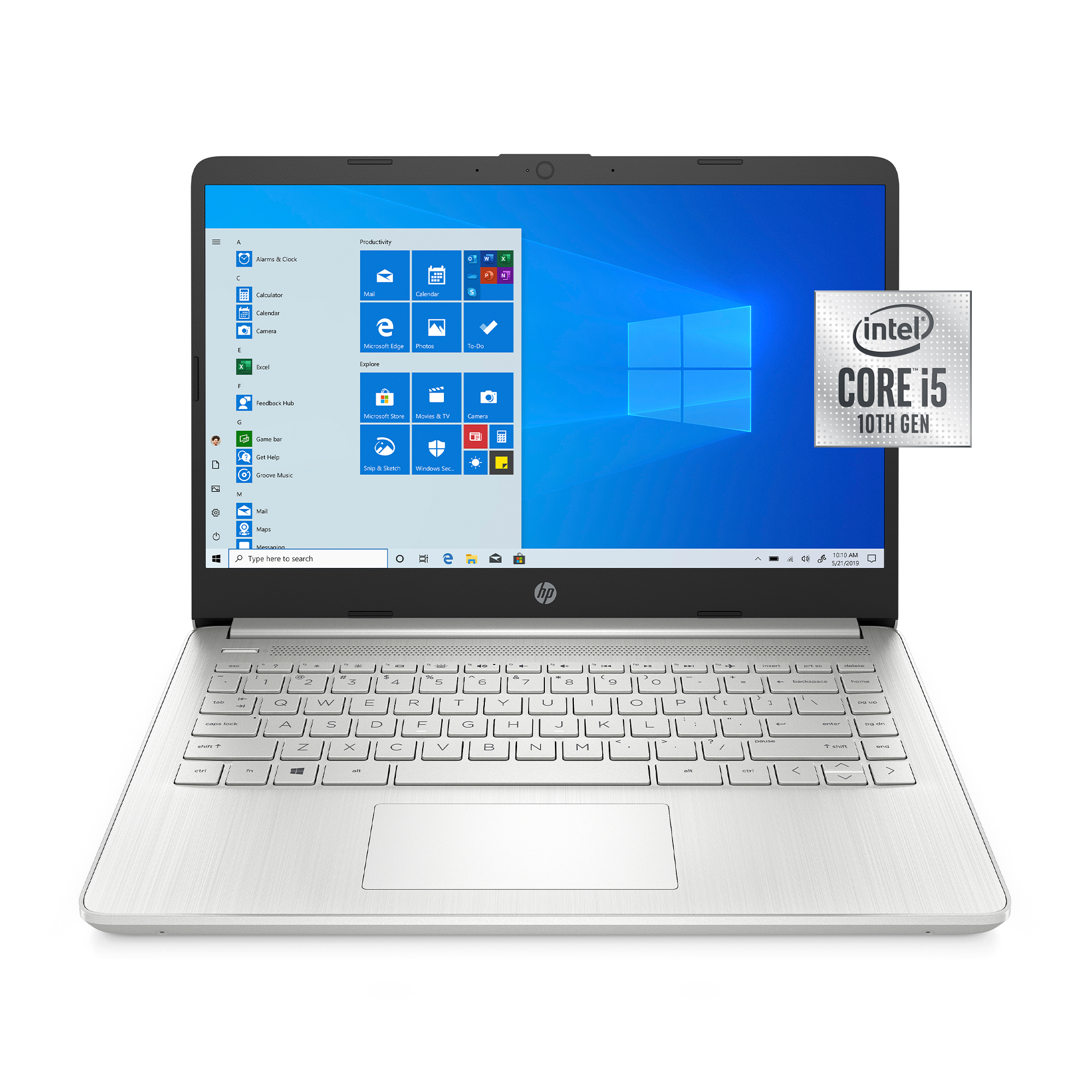
Reviews
There are no reviews yet.